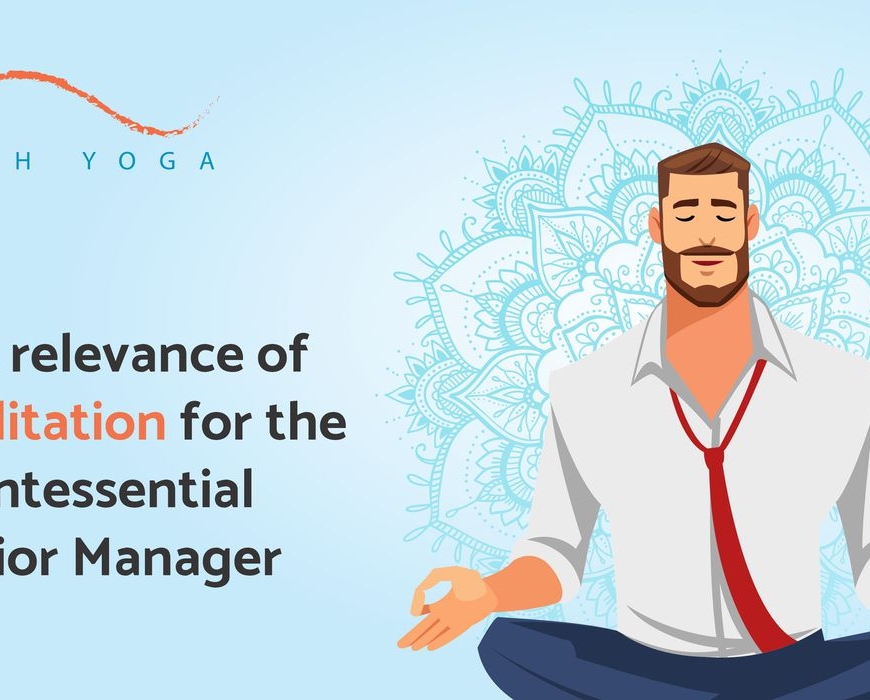Digital Disconnection – What Is It and Why You Need It
Our days today often begin with a quick glance of our phones – a scroll through social media, checking the important reminders, or getting a headstart on the work emails. And till the bed time comes (and often throughout it, too) we are barraged by an endless hail of notifications, ranging from sale offers to worrying news updates to friendly reminders to comment on your friend’s latest post.
There is no denying that we live in a world of information overload. We seem to be dictated by our devices instead of the other way around, and emerging research has begun to point out worrying consequences of being constantly connected. Physical activity seems to be at an all time low, and technological addiction has become associated with rising levels of anxiety and depression. Living your digital life to the fullest can come at the cost of your creativity and real life connections, which can lead to poorer health and life outcomes in the long run.
In summarization, here are some major reasons why you should consider a digital detox
- The overwhelming wave of information and entertainment can often make you forget that the digital world is not your complete life – there are real world people, issues, and work that need your concentration and attention.
- When we become dependent on others to provide us with information and entertainment, we stop using our own critical thinking and creativity to solve problems and keep us happy. A digital detox can help you fire up your brain and engage in new hobbies or productive avenues.
- Digital detoxing can help you break the cycle of procrastination and distraction that your screens fuel, and help you finish your projects with the focus and attention that are required to make them a success.
- Giving the screens a skip can also help you connect more deeply with the people around you, whether it be joining your work colleagues for a lunch, or taking a hike with your family or pets.
- As research is suggesting, taking a step back from social media can help prevent and reduce symptoms of anxiety and depression.
Remove the Negative – How To Digital Detox
But giving up your devices is easier said than done. Indeed, some may experience a positive panic at the idea of not having constant updates or missing out on some important information. However, this very panic is symptomatic of how deep our problems go. Here are a few ways you can learn to detox effectively –
- Shut Down the Notifications – Many phone operating systems now give you the option to mute notifications. This can help partially detox by removing notifications from unnecessary apps, and hence reduce your desire to check your phone every time it pings. Over time, you may also be able to get rid of unnecessary apps when you realize that you don’t even go through them that often.
- Set Timings – Instead of checking your email or social media every ten minutes or so, set a particular time of the day when you will sit down and clear all pending notifications. When you know that you will get to them eventually, you will be less worried about such work throughout the day.
- Do It Together – You can work together with your family or friend group and collectively help each other kick the habit. Designate some time of the day or week to get together and do something. It can be just talking, or playing some board games or going outside. Before you know it, you’ll be forgetting your phones at home.
- Designate No Tech Times/Zones – To inculcate discipline when it comes to digital detoxing, designate some time or space as a no technology zone. This can be your dinner table or the bedroom, or anytime after seven pm or between noon to lunch. When you know that your digital activities are time bound, you are also likely to make better use of it.
- Find Better Ways to Relax – We often turn to our screens as a source of comfort. However, not only can this further increase our levels of anxiety and stress, it can also promote an avoidance-based problem solving approach. Instead, find better ways to channel your anxious energies, such as meditation, journaling, drawing, or gardening. Such physical activities also allow your brain to rest and come up with ideas to solve problems.
The digital world is certainly a very useful place, one that can provide you information, knowledge and entertainment at the touch of your fingers. However, it can also become overwhelming for our mind, and hurt our relationship with our body and the people around us. So be sure to engage in digital detoxing. Start small – you can begin by detoxing a few hours on the weekends, and before you know it, you will find your days centered around your happiness and productivity, rather than the whims of the technology around you.





Add Comment